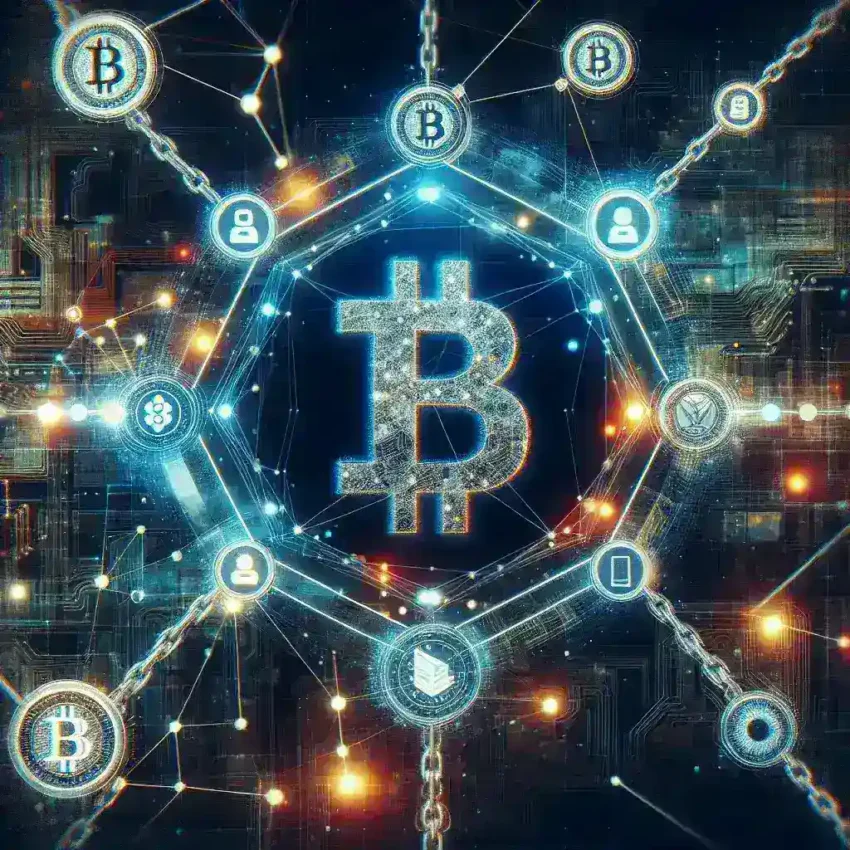Introduction to Decentralized Finance (DeFi)
Decentralized Finance (DeFi) refers to a financial system that operates on blockchain technology, allowing users to engage in financial activities without the need for traditional intermediaries like banks. This innovative approach is reshaping the way people think about money, investments, and financial transactions.
How Blockchain Powers DeFi
Blockchain is the backbone of DeFi, offering a secure, transparent, and decentralized network for financial applications. Here are some key ways in which blockchain drives DeFi:
- Transparency: Transactions on the blockchain are public, ensuring transparency and traceability, which builds trust among users.
- Security: Blockchain employs cryptographic techniques that protect against fraud and hacking, enhancing the overall security of financial transactions.
- Smart Contracts: These self-executing contracts run on the blockchain, automating processes and reducing the need for intermediaries, thus lowering costs and increasing efficiency.
- Access: DeFi eliminates geographical barriers, allowing anyone with an internet connection to access financial services, empowering unbanked populations around the world.
Benefits of DeFi
1. Financial Inclusion
DeFi platforms enable individuals in developing regions to participate in the global economy, allowing them to save, borrow, and invest.
2. Lower Fees
By removing intermediaries, DeFi significantly reduces transaction costs, making it more affordable for users.
3. Greater Control
Users retain control over their assets, as DeFi operates on a peer-to-peer basis where individuals hold their cryptocurrencies in personal wallets.
Challenges Facing DeFi
1. Regulatory Uncertainty
As DeFi grows, regulatory bodies are grappling with how to govern these platforms, which can create legal challenges for users and developers alike.
2. Security Risks
Though blockchain is secure, vulnerabilities in smart contracts can be exploited, leading to potential losses for users.
3. Market Volatility
The inherent volatility of cryptocurrencies can impact the stability of DeFi platforms, posing risks to users’ investments.
The Future of DeFi
Despite the challenges, the future of Decentralized Finance looks promising. With ongoing advancements in blockchain technology, coupled with growing interest from institutional investors, DeFi is set to revolutionize traditional finance. As more innovative products and services emerge, the DeFi ecosystem will continue to evolve, offering new opportunities for users worldwide.
Conclusion
Blockchain technology is not just a trend; it’s a transformative force driving the evolution of finance through DeFi. By embracing decentralization, transparency, and technology, DeFi is opening doors to a fairer and more inclusive financial system. As we move forward, the interplay between blockchain and financial services will continue to shape the future of how we manage our money.

